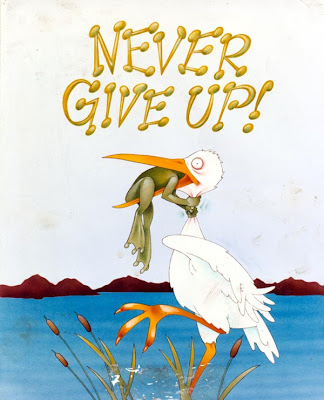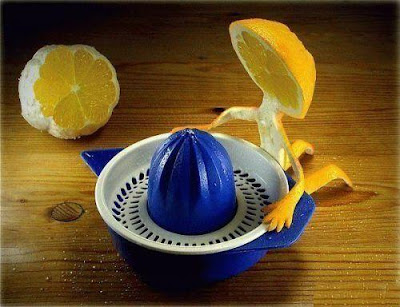Preparation for Corus

. . . The tournament in Groningen went quite well for both Margriet and me, with each 3.5/5 I don't want to spend too much time on blogging or publishing my games, because I want to digest what I have learned in Groningen in order to adjust my preparation for Corus. In general it can be said that my play has changed in the following way: in stead of throwing the sink at my opponent from move one I develop quietly and play the middlegame as positional as I can. When the exchange of pieces start, at the end of the middlegame, there all of a sudden appears a moment that I can shift gears, sacrifice a few pawns and mate the hostile king. Time and again these attacks seem to appear at the end of the middlegame 'out of the blue' lately, just by playing positionally. There is another phenomenon I noticed. My attacks used to be as 'lean' as possible. That is to say, when I sensed that there are tactics in the air I started to execute them as soon as I could. Now I let the t...





